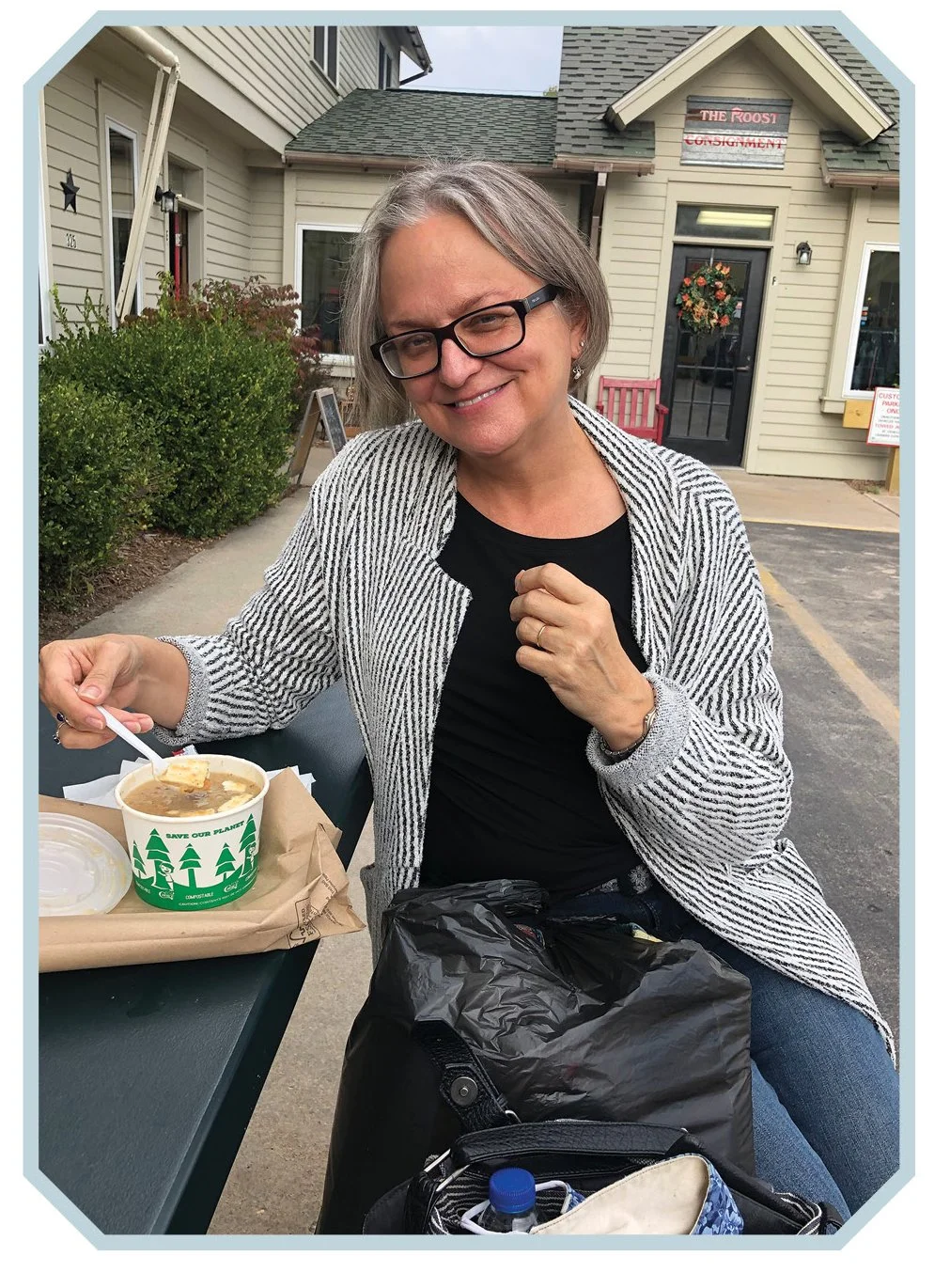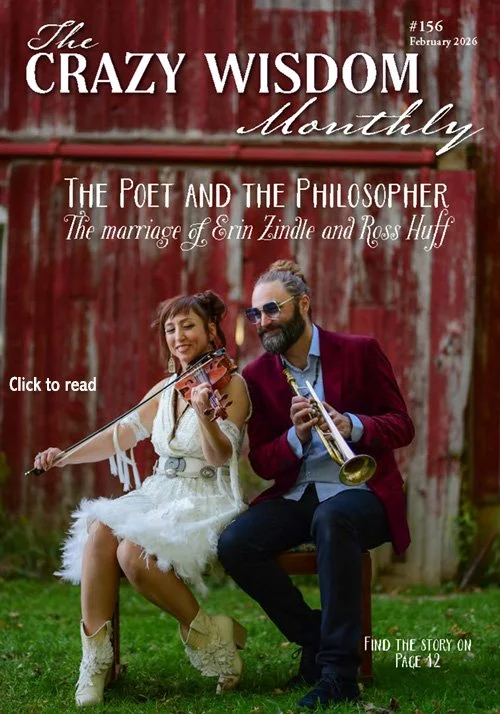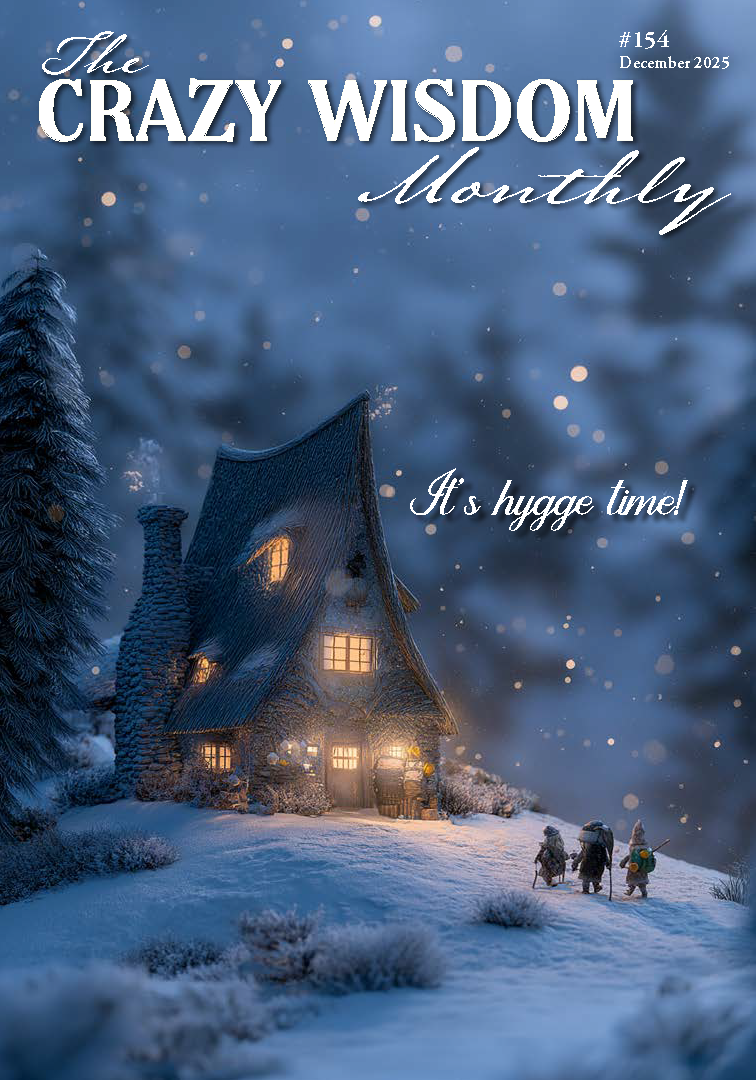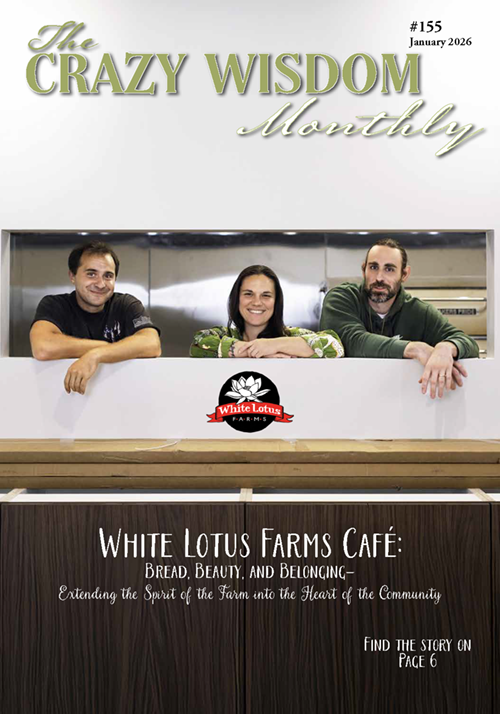By Sandor Slomovits
Earlier this year an obituary in The New York Times caught my eye. It was of Clint Hill, who died in February at the age of 93. Hill was the Secret Service agent who, on November 22, 1963, immediately after President Kennedy was shot, jumped on the back of the presidential limousine and shielded the President and First Lady Jacqueline Kennedy with his body as the motorcade sped from Dealey Plaza to nearby Parkland Memorial Hospital.
For much of the rest of his life Hill repeatedly said that he felt profound regret and guilt about not saving the president, about not getting there in time to take the fatal third shot himself. He once said, “I will carry that to my grave.” Although he continued to serve in the Secret Service for more than a decade after that day, first protecting Mrs. Kennedy, and then Presidents Lyndon Johnson, Gerald Ford, and Richard Nixon, and eventually becoming Assistant Director of the Secret Service, he retired at age 43, haunted by deep depression and recurring memories of that heartbreaking event.
A few days after reading Hill’s obituary, I came across a New York Times profile of Ivy Schamis, who was a teacher at Marjory Stoneman Douglas High School when, on February 14, 2018, a gunman killed 17 students and staff there, including two in her classroom. After the gunman shot into her classroom, he moved on to another room and Schamis, not knowing if he’d be back, prepared her response if he did. She planned to look him in the eye and say, “We love you!” perhaps hoping against hope that the declaration would deter him from killing again. Like Agent Hill, Ms. Schamis, seven years after that horrific day, still feels regret and guilt. “I didn’t save them,” she said of her slain students.
After the shootings, Schamis returned to her teaching, feeling an obligation to help until all the students who’d been in her class that day graduated from high school. Then she quit and moved away but has continued to stay in touch with many of her former students and is still a source of support for them to this day.
The famous Zapruder film of President Kennedy’s assassination shows that Mr. Hill reacted within two seconds of the first shot, and in reality, had absolutely no chance to save the president Similarly, Ms. Schamis had no realistic possibility of stopping the gunman who was armed with an AR-15 rifle. Yet both Hill and Schamis still felt responsible for the deaths on their watch.
There are also, sadly, examples of tragedies that might have been prevented had people acted differently.
The former Broward County sheriff deputy on duty at Marjory Stoneman Douglas High School on the day of the shooting, was blamed by many for not entering the building and trying to stop the gunman. Indicted on child neglect and ten other related charges, he was tried in 2023 and acquitted on all charges, but his civil trial is still pending.
In another case, the police in Uvalde, Texas faced widespread condemnation for waiting well over an hour before engaging and ultimately killing the gunman responsible for that sickening attack. Two of the 376 police officers who responded that day have been charged with criminal negligence and child endangerment and are awaiting trial later this year.
Most of us will probably never face similar trials by fire, and it is not my place to stand in judgment of anyone who has. In the course of human history, legal systems have evolved—fallible and imperfect though they may be—to hand down those verdicts. I have no way of knowing how I might have responded in any of those life and death situations.
I can only ask myself, “Have I faced my own trials—comparatively tame though they have been—with courage or cowardice? Am I meeting my current challenges bravely or timidly? Will I be ready when the next test presents itself?
As Hamlet says, “The readiness is all…”
Above all, always, I hope not to be found wanting.
And when we fail, as most of us will at times—whether because we face an impossible task, or because we are tested in a moment of weakness, we can hope that our fellow human beings—and perhaps most of all, we—will find the strength to forgive—each other and ourselves.
Sandor Slomovits is one of the two brothers in the Ann Arbor folk music duo, Gemini. Visit then at GeminiChildrensMusic.com. In addition to the CWJ, he also writes for The Ann Arbor Observer, The Washtenaw Jewish News and a number of other local and national papers and magazines. His essays and other writings are at SandorSlomovits.com.
Related Articles:



































































































































































































This night, I climbed through the dark of my confusion to somewhere near the top quarter of the tree. I braced myself to sit on one branch, hooked my foot, and hugged the main trunk. It was solid but I could just make out a slight sway. I relinquished my human decision-making to a simple “just hold on”—something I’d later find out was a common moment (or phase) for most of humanity.